Characteristics
Gender : Woman
Application : Spray
Gucci Guilty Intense Pour Femme : PRODUCTS
FROM THE SAME BRAND
-
Gucci
 Gucci Rush
Eau De Toilette Spray 75 ML
£67.99
Gucci Rush
Eau De Toilette Spray 75 ML
£67.99
-
Gucci
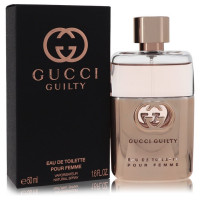 Gucci Guilty Pour Femme
Eau De Toilette Spray 50 ml
£54.99
Gucci Guilty Pour Femme
Eau De Toilette Spray 50 ml
£54.99
-
Gucci
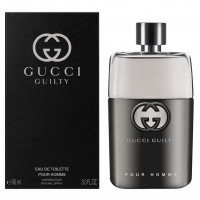 Gucci Guilty Pour Homme
Eau De Toilette Spray 90 ML
£68.99
Gucci Guilty Pour Homme
Eau De Toilette Spray 90 ML
£68.99
-
Gucci
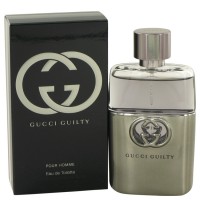 Gucci Guilty Pour Homme
Eau De Toilette Spray 50 ML
£54.99
Gucci Guilty Pour Homme
Eau De Toilette Spray 50 ML
£54.99
-
Gucci
 Gucci Guilty Black Pour Homme
Eau De Toilette Spray 90 ml
£104.99
Gucci Guilty Black Pour Homme
Eau De Toilette Spray 90 ml
£104.99
-
Gucci
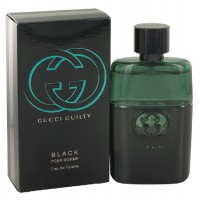 Gucci Guilty Black Pour Homme
Eau De Toilette Spray 50 ML
£62.99
Gucci Guilty Black Pour Homme
Eau De Toilette Spray 50 ML
£62.99
-
Gucci
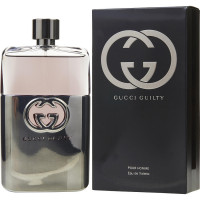 Gucci Guilty Pour Homme
Eau De Toilette Spray 150 ML
£87.99
Gucci Guilty Pour Homme
Eau De Toilette Spray 150 ML
£87.99
-
Gucci
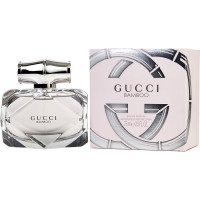 Bamboo
Eau De Parfum Spray 75 ML
£66.99
Bamboo
Eau De Parfum Spray 75 ML
£66.99
-
Gucci
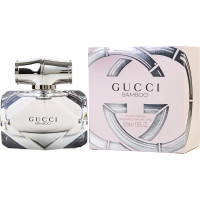 Bamboo
Eau De Parfum Spray 50 ML
£66.99
Bamboo
Eau De Parfum Spray 50 ML
£66.99
-
Gucci
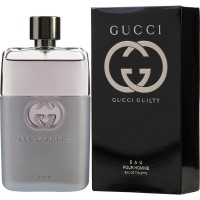 Gucci Guilty Eau Pour Homme
Eau De Toilette Spray 90 ML
£104.99
Gucci Guilty Eau Pour Homme
Eau De Toilette Spray 90 ML
£104.99








 Affordable luxury !
Affordable luxury !
